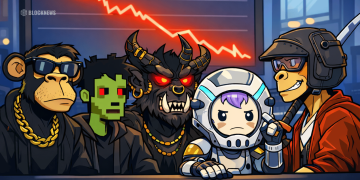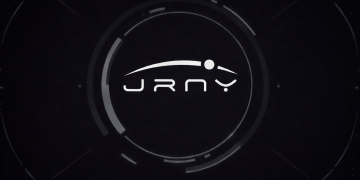Remember the glory days of P2P music sharing and its peak experience of downloading a virus instead of a music file while you enjoyed your stay in LimeWire and Napster? Well, now it’s back but in Web3 form, minus the viruses and illegitimacy.
Napster rose from the ashes and into the blockchain: specifically in an Algorand NFT marketplace. The former music sharing website established this resurrection last March 22. This time, major record label Universal Music Group signed in for collaboration to sell NFTs within the LimeWire marketplace.
What UMG Plans for Its Artists
The worldwide license will allow musicians signed to Universal Music Group and its numerous imprint labels to sell tokenized digital collectibles through the LimeWire marketplace. UMG owns the following: Def Jam, Motown, EMI, Virgin Music, The Interscope, Republic, and Geffen.
The Universal Music Group already has a lineup of the most popular artists today including Jay-Z, Kanye West, BTS, Billie Eilish, The Weeknd, Taylor Swift, and Justin Bieber. This agreement does not necessarily imply that any of those musicians will release NFTs via LimeWire, although they will get the opportunity to do so.
Is This the Start of Blockchain Music?
LimeWire’s Algorand marketplace is only among the blockchain technologies that allow music NFTs. Other platforms include Audius, OpenSea, and Vezt.
LimeWire could be the latest forefront of the Web3 music industry. Users will be able to explore the possibilities that music NFTs present. With the Algorand marketplace, artists can sell their music directly to fans, and fans can buy and trade music NFTs with other fans. This new model of music ownership presents a unique opportunity for both artists and fans to participate in the growing world of NFTs.
While the mainstream crowd may still find this alienating, the implementation of non-fungible music provides more authorization for anyone who buys it and can directly provide consistent royalties for the artist.














